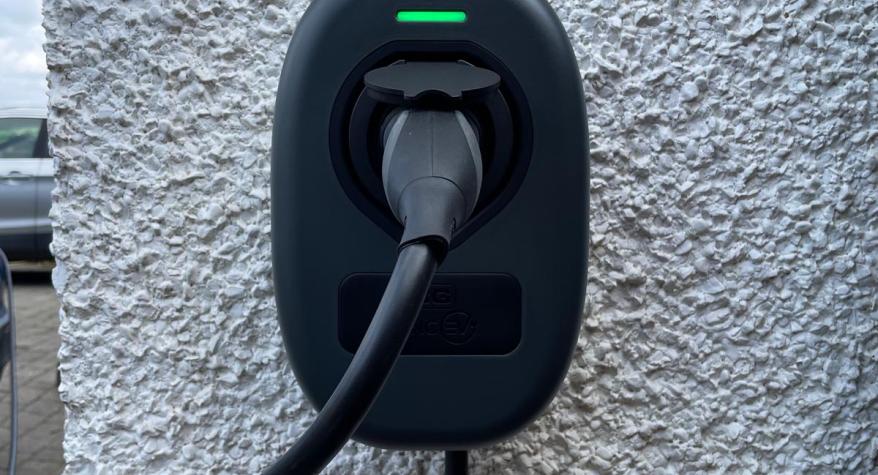As electric vehicles (EVs) become even more popular, many homeowners in Leeds are considering installing EV chargers to power up their vehicles. However, with so many different types of chargers available on the market, selecting the right one can be daunting. In this guide, we'll walk you through the key factors to consider when choosing the correct type of EV charger for your home in Leeds.
What is the best EV charger for my home in Leeds?
Charging Speed
One of the biggest things to consider is the charging speed you need. EV chargers come in different power levels, typically ranging from 3kW, 7.4kW to 22kW. 3kW chargers usually come with a plug top that can be plugged into any normal UK socket, these chargers tend to take around 12 hours to charge your car. The 7.4kW chargers are hard wired to your home's electrical installation and usually require a qualified electrician to install them. These chargers can take anywhere between 6-8 hours to charge your car. 22kW chargers are public chargers that you can find at many service stations or some car parks. These chargers will charge your car in around 3 hours however these chargers are not usually fitted at a residential property.
Vehicle Compatibility
Check your vehicle's specifications to ensure compatibility with the charger you're considering. Some EVs may require specific connectors or charging capacities, so it's essential to verify compatibility before making a purchase.
EV Charger Installation Requirements
Consider the installation requirements of the charger. 3kW chargers can often be plugged into a standard household socket outlet, while 7.4kW chargers may require a qualified electrician to install the charger and you may potentially need to upgrade part of your electrical installation to accommodate the new charger.
EV Charger Connectivity and Smart Features
Many EV chargers come with smart features such as Wi-Fi connectivity, mobile apps, and scheduling tools. These features allow you to monitor charging status remotely, track energy usage, and schedule charging during off-peak hours to save on electricity costs. This can now also be set up in most EV charger apps to do it automatically, saving you money in the process.
Budget and Cost of Ownership
Evaluate your budget and the overall cost of ownership, including the charger's upfront cost, installation fees, and long-term energy expenses. While 7.4kW chargers are more expensive upfront, they may offer savings over time due to faster charging speeds and potential energy management features.
Future-Proofing
Consider your future needs and whether the charger you choose can accommodate them. If you plan to upgrade to a higher-capacity EV in the future, opting for a more powerful charger now may save you from needing to replace it later.
EV Charger Warranty and Support
Look for chargers with reliable warranties and good customer support. A reputable manufacturer with a solid warranty can provide peace of mind and assistance in case of any issues with the charger.
Environmental Impact
Some EV chargers are more energy-efficient than others, so consider the environmental impact of your choice. Energy-efficient chargers can help reduce your carbon footprint and lower electricity bills over time.
Choosing an EV Charger for my Home in Leeds
Choosing the right EV charger for your home in Leeds involves considering factors such as charging speed, vehicle compatibility, installation requirements, connectivity features, budget, future-proofing, warranty, and environmental impact. By carefully checking these factors, you can select a charger that meets your needs and enhances your EV experience. Happy charging!
If you would like some help from an experienced EV charger installer in Leeds, contact Duravault. Our friendly and professional team will be happy to help.




